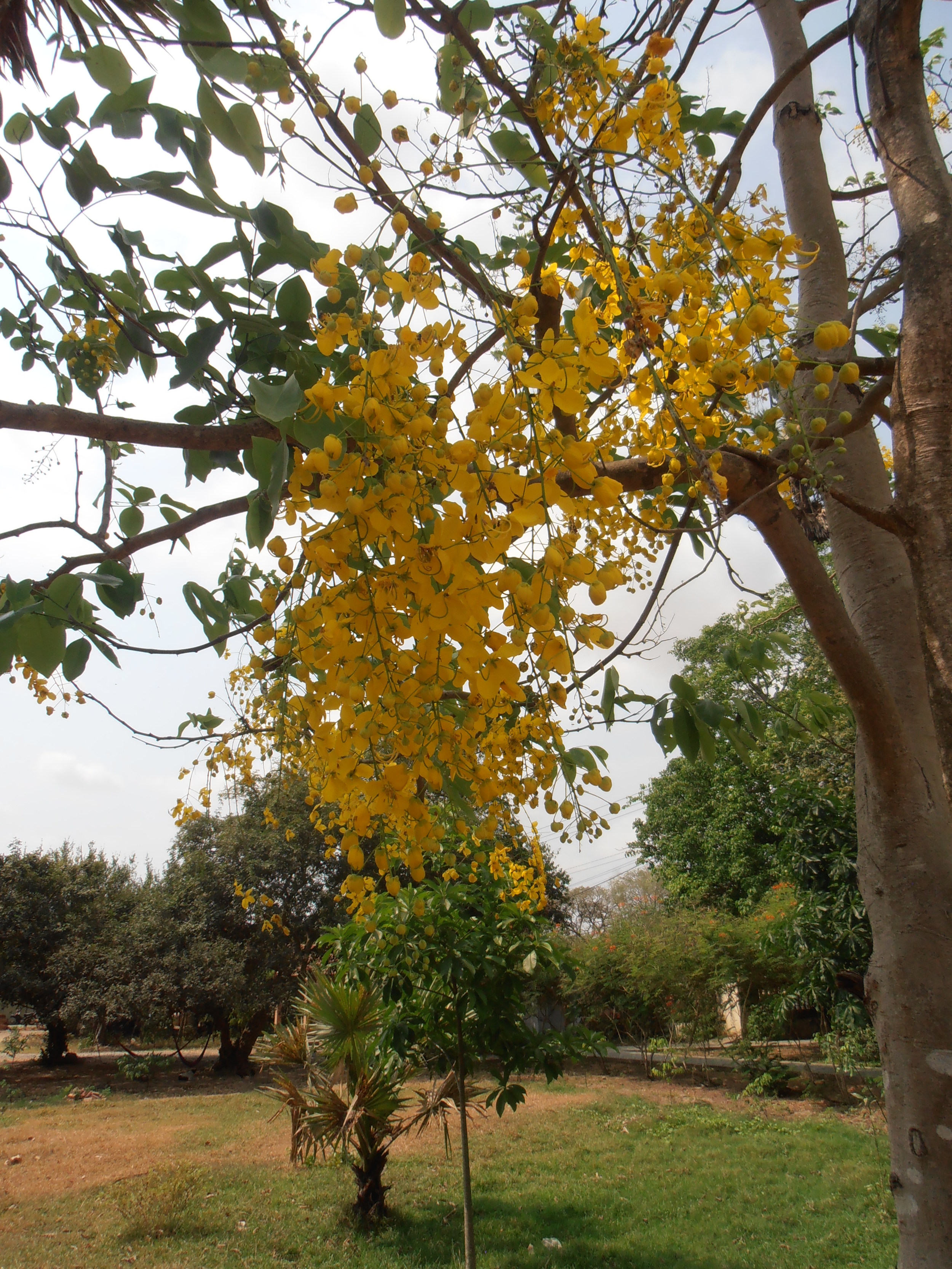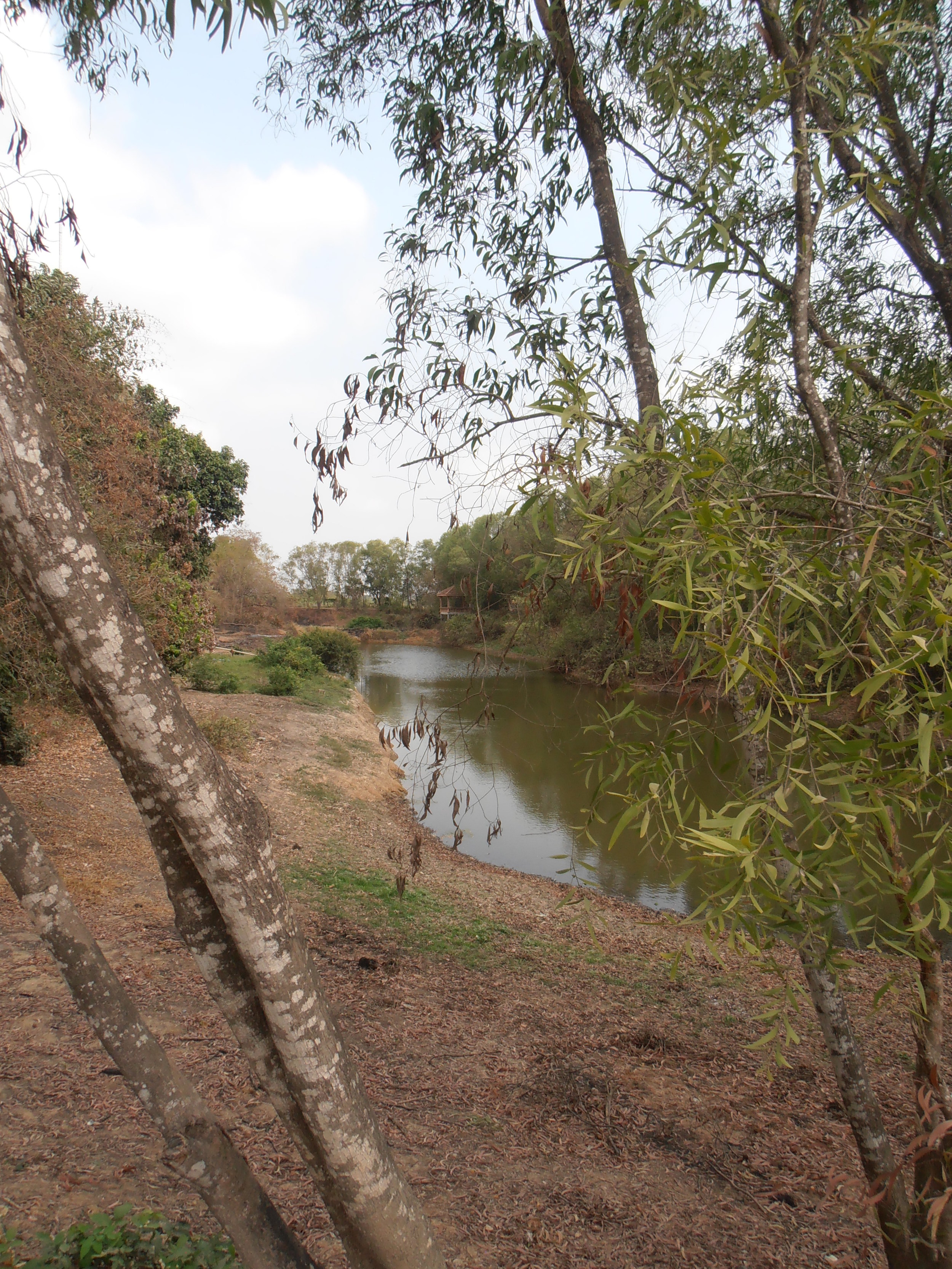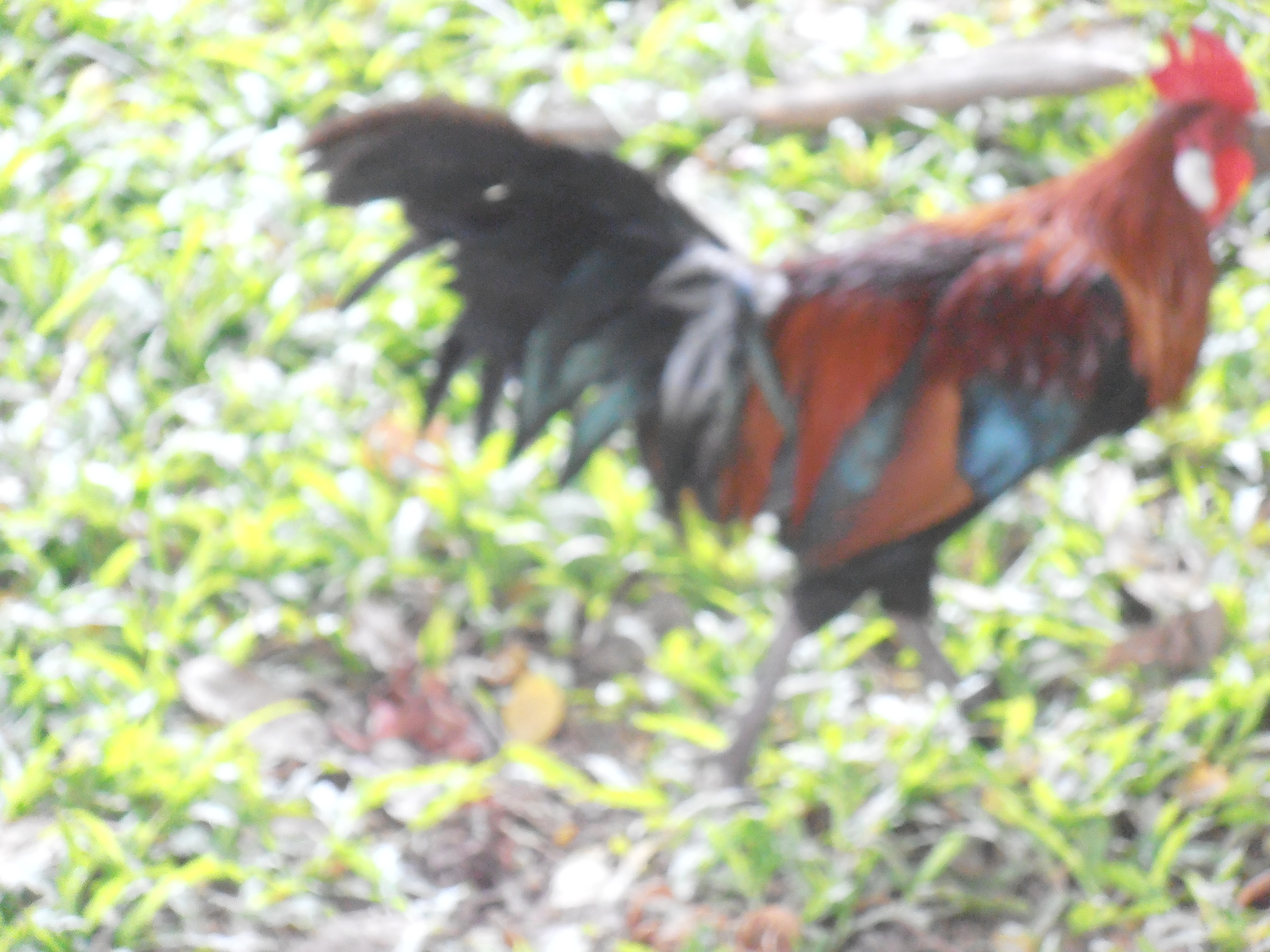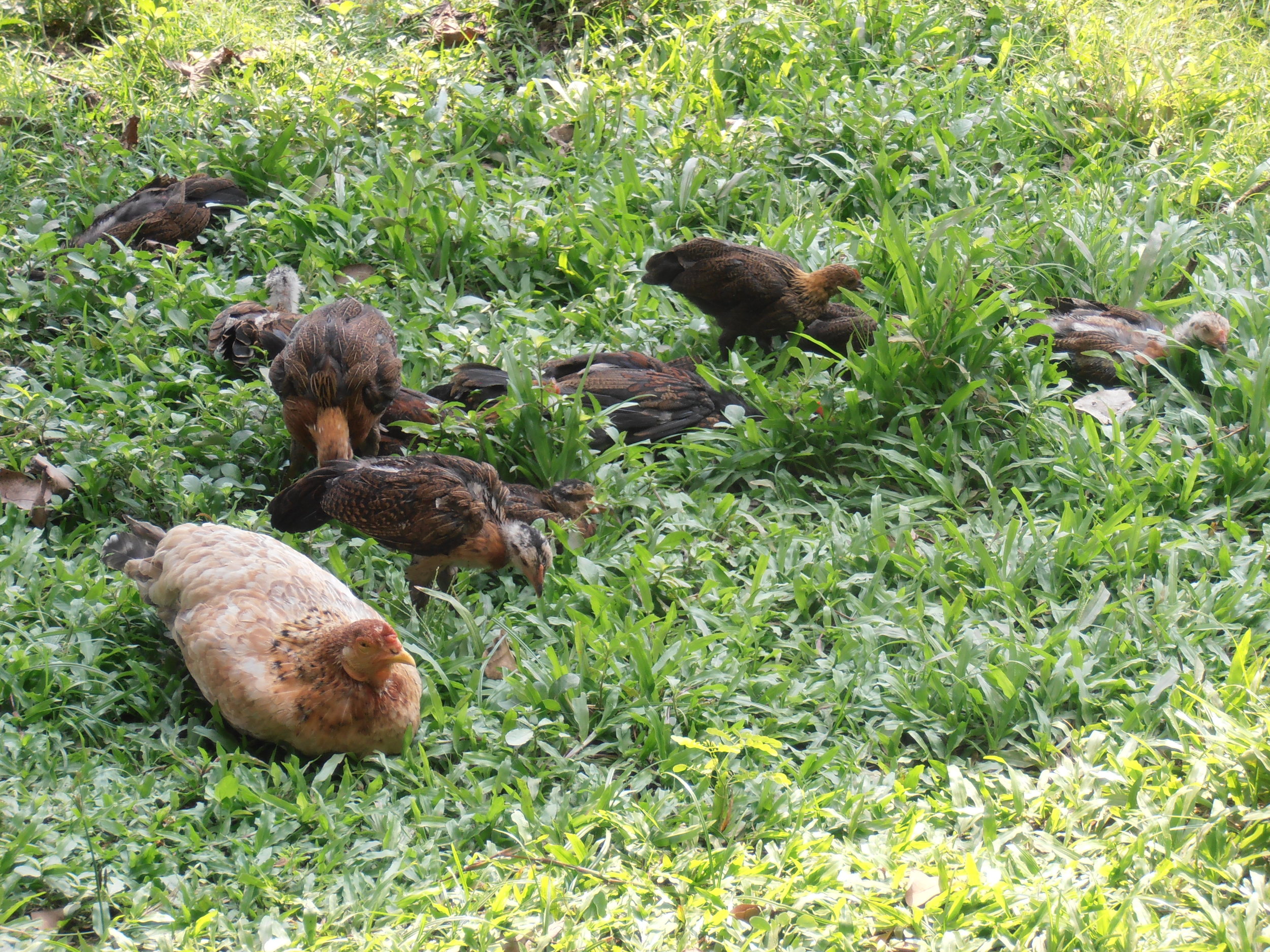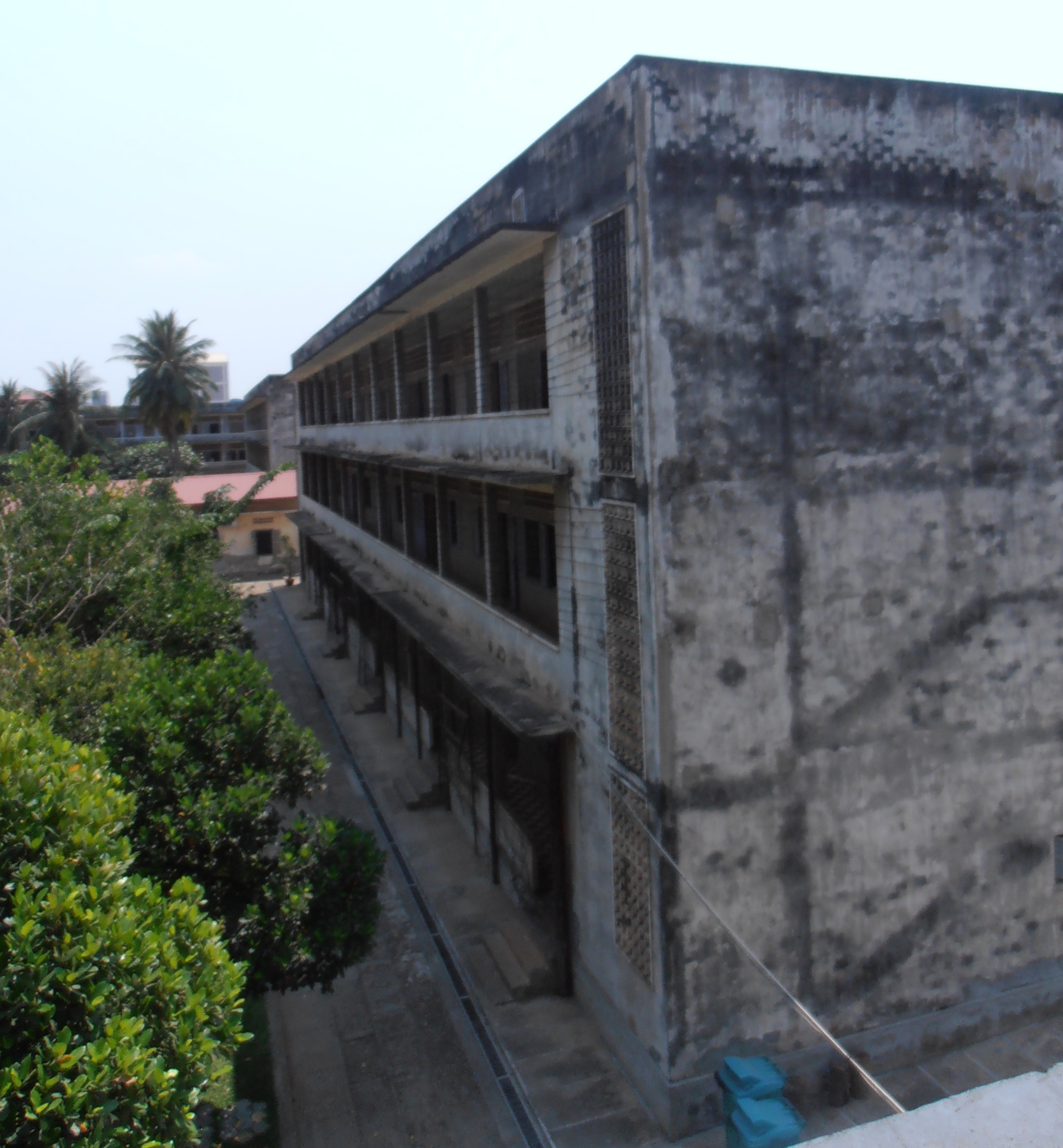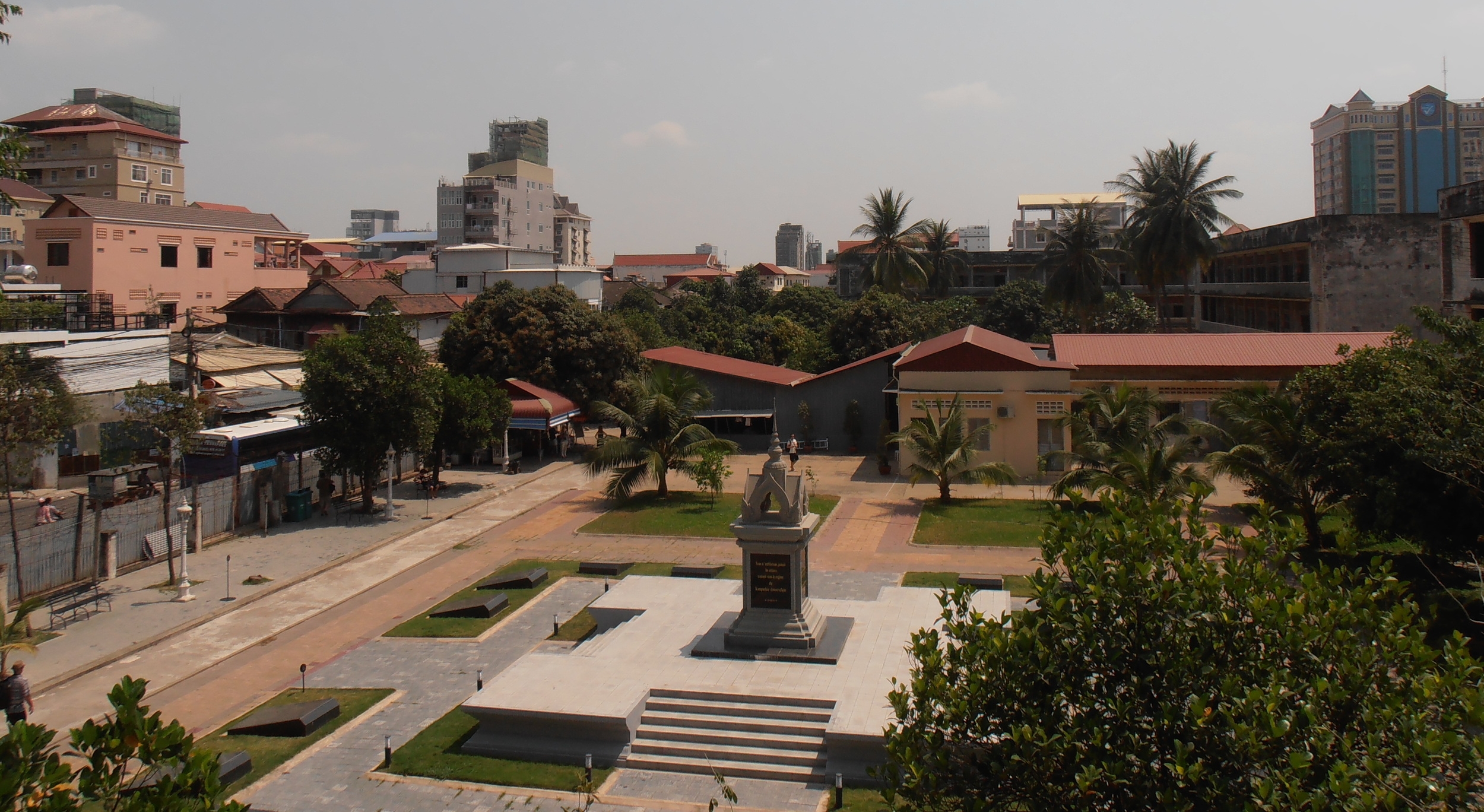Johnson University's online PhD in Leadership Studies was recently named as one of the Top 10 online PhDs in Leadership. See List. This week I had the privilege of interviewing potential students and then working with my colleagues to select and accept the program's Cohort 10. As I interviewed these men and women and read their admission essays I was filled up with a sense of awe and responsibility for those of us called to coach and guide working adults - people who are already immersed in a full life of family and career. All of our students are working adults seeking a PhD in Leadership often because they feel 'called' to do doctoral work, have questions that they want to explore, or because they want to enhance their leadership within their sphere of influence. Today, I find myself quite reflective at the journey to this moment.
Johnson University Campus, April 2016
I am humbled and honored to be named to a list of 'Top' - sitting with the esteemed universities who are listed, particularly given the youth of our program and our university in offering doctoral education. Thinking back to 2010 when I was asked to design the program, I remember distinctly that my intuition alerted that something beyond my imagination was going to happen. You see, our PhD program began operations in January 2012. We are a young program, seeing our first graduates in April 2016, so to be in the company of such long standing and esteemed programs is quite an honor. In some respects, launching a PhD, JU's first, was a BHAG - big hairy audacious goal (smile). We submitted our design package for accreditation in April 2011 and then waited and prayed, prayed and waited. In June 2011, we learned that our university was approved by SACSCOC to offer the PhD. When I learned that there were zero findings or recommendations, I was so moved. I knew I had put my heart and soul into the design but hey, I'm not an academic. I'm a business person and consultant who knew, at the time, very little about university accreditation. I remember the day President Weedman called to communicate our approved status. I felt giddy and a sense of OMG - in the way one feels when they realize they now have to produce that which they said they would.
What is it about this program?
Today we have over 70 active students with a healthy applicant pipeline. I've been asked recently what and why questions. What are you doing and why do you think you're seeing the growth. I'll offer some thoughts:
- Clear organizational vision and design criteria drove the design process. Criteria included:
- Applicable. The content and degree must be applicable and relevant to leaders serving nationally and internationally within a variety of contexts (profit, nonprofit, and public sectors). Leadership Studies was chosen as an interdisciplinary topic pertinent to the widest array of people.
- Achievable. Mid-career working adults should not have to leave their context or career for 4 to 5 years to study. The leave and study approach is costly and inefficient in terms of human and social capital, strategy, and efficacy. Structure this program in such a way to take the education to students and in such a format that best supports their doctoral journey. This program is offered 100% online, with no residency requirement so that students may continue living, working, and leading within their sphere of influence.
- Affordable. The program must be affordable. Part of Ashley and Emma Johnsons' (JU’s founders) vision was to create an affordable learning opportunity because cost should not be a barrier to one’s desire for education. This is part of our founders' history that we remain committed to. This program is financially structured in such a way to make it possible for anyone otherwise qualified and accepted to finish the program.
- Accreditable. The program must be “accreditable.” The university including the PhD program are regionally accredited by the SACSCOC.
- An ethic of care and hospitality undergird our emphasis on creating community. This translates into a relational approach and commitments to a person first and foremost. It may seem corny to say we care about people, but we do. Decisions are made in relation to our ethic of care. We pray for our students, we acknowledge their accomplishments via social media and privately, we send cards (yes, hardcopy cards!) to honor birthdays, baby births, and anything else we hear about that warrants a card!). We are intentional about creating a network and a community of scholars and practitioners interested in leadership. We exist to serve our students, to understand their goals, and to facilitate their journey.
- Educational philosophy integrates culture, worldview, and the biblical perspective - not as tack on courses but integrated throughout the curriculum. This philosophy is a distinctive of JU's educational approach. I want students to develop the skills to 'see' differently when asking the what is going on here question. Part of this too is a commitment to faith/learning integration. We want students who live their faith and who are equipped to model Jesus' example daily.
- Fierce commitment to coaching throughout students' journey . A traditional program can be experienced as a sink or swim approach where the student is left to figure out what to do largely on their own after completing their coursework. This approach, grounded in an individualism certainly works but I believe a distinctive of Christian higher education is that of relationship. We are designed as relational beings such that a team approach yields student and faculty benefits that transcend the individualistic approach that can leave people feeling isolated, ill supported, and ill equipped for the task...particularly in an online environment. We as a faculty early in our first cohort noted the individual approach as potentially inconsistent with our values. Our program has advisors/coaches throughout:
- Years 1 and 2 - an academic advisor + faculty
- Years 3 - a research coach helps student design a research agenda preparatory to writing a research proposal
- Year 4 - dissertation chair/committee who work as a team to best support the student in doing their research.
- Persistent continuous assessment and improvement. Our students and faculty communicate what's working, what's not. Our pioneering Cohort 1 was integral to program adjustments and helping us to understand what aspects of the design needed tweaking, fixing, etc. We assess every course and have an open door with regard to receiving student feedback.
- Rabid commitment to leadership development. The doctoral journey certainly is about content mastery and research skills - but more importantly - it is about becoming a "PhDr", about formation and transformation - in my mind, this is the most important thing. I want our graduates to be different people at the end of this journey. And dare I say, this must be a differentiator in Christian higher education - this unyielding commitment to human development or in my world - leadership development.
- Leadership conceptual framework facilitates an exploration of individual, organizational and societal leadership with an eye toward moving students beyond 2D thinking (this that; right wrong; black white; public private; etc.). The issues facing us today are complex and multi faceted - root cause analytic combined with 2D approaches simply don't get us very far. Instead, we need leaders who can imagine anew, identifying and grappling with the many variables of complex situations including naming those policies, structures, and ways things are that contribute to life challenges, injustice, and oppression. Further we need leaders who are committed to respect and dignity for all persons...as a starting point.
Why does leadership studies matter?
I could talk all day about the various design elements incorporated into the design of the program. Certainly the program design and focus attract seekers to our PhD program and serve to bolster their desire to stay. Dare I say that another aspect, perhaps less tangible, is a collective sense of urgency we feel for the need for leadership....with certain qualities or commitments. In thinking about what I wanted to write today, I reviewed the conceptual framework that I wrote in 2011 describing the need for leadership studies and a commitment to leadership development:
"How do we lead within a pluralistic and diverse setting with multiple worldviews and differing cultural contexts? Leadership studies is grappling with what it means to be an inter-cultural leader, hampered somewhat by historical conceptions of leadership with their strong ties to a specific person, mechanization, efficiency, effectiveness and productivity. Tasks such as visioning, strategizing, goal and objective setting, work performance, productivity, and partnering are valid and necessary within an organization. However, to bridge cultures requires due consideration for the visible and non-visible culture with positive practices supportive of transitional spaces. Leadership as usual may not be that helpful; instead, we need to re-orient and re-envision leadership toward the following:
- Commitment to reflect upon and increasing awareness of our own worldview – Commitment to becoming more self aware and increasing our resilience to and capacity for suspending our beliefs and values, for scrutiny is essential.
- Mutual acknowledgement and respect of Other – People of differing cultures and worldviews do not just eat and dress differently; instead, there may be fundamentally differing orientations to and meanings associated with the world, their place within that world, and the work each performs
- Seek understanding rather than agreement - Focus on listening, understanding and striving to see the world through another’s eyes. Seeking agreement often means advocacy and attempts to persuade another to a specific point of view. Instead, acknowledge that we have differences and may not agree. But, we can learn to respect another’s views and use the opportunity to understand their and our own worldview better
- Hold differing worldviews in truth and respect - One of the dangers of categorization, as in categorizing countries by cultural dimension or leadership preferences or even inventorying worldviews, is the tendency toward hierarchical thinking at the expense of mutual respect and regard.
- Embrace the necessity of relational dialogue – People make sense of their experiences and construct their. . . reality through interaction with others engaged in conversation and story-telling. Our capacity to bridge worldviews is dependent on our capacity to make sense of the world as it presents itself to each involved and create new, shared meanings. This process involves going down into the non-visible, questioning beliefs and assumptions, and remaining committed to illuminating individual and collective wisdom. A goal might be to facilitate sense making and meaning making by using positive practices within transitional space."
It was a long time ago when I penned these words and today as I re-read them I am even more certain that the world needs leaders who embrace these values and who are trained to 'see' beyond 2-dimensions. Our PhD program's ultimate focus is towards leadership development with a clear vision of the qualities we believe leaders should have. This belief is infused within our curriculum, pedagogy, and ways of interacting. The picture below was taken April 2016 on JU's campus at a reception honoring our very first graduates from our Ph.D. in Leadership Studies. Dr. Weedman, president of JU; Cody Christensen, Jamie Franke, Chris Beard, and me. Our first cohort of graduates, together we took a program from design to operations. Sometimes exhilarating and sometimes maddening - we learned together how to do doctoral education virtually. So why does this matter? These men are different men today and I have to say I'm different too - even more committed to the vital necessity of developing leaders via doctoral education within a virtual community.





